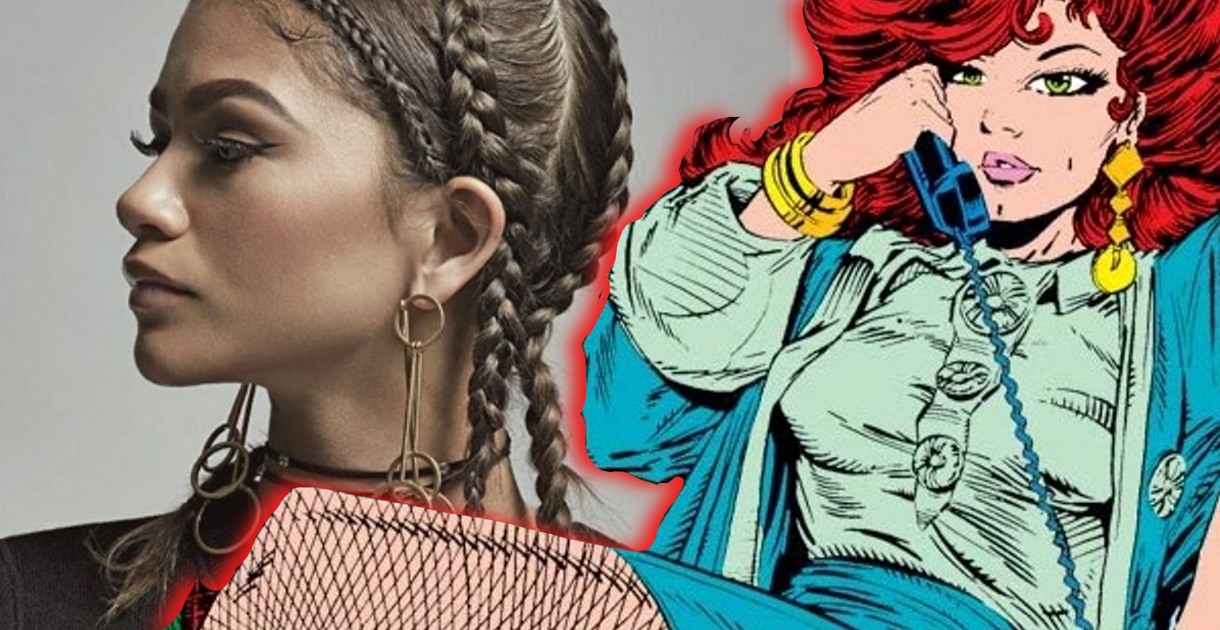
The 2015-2016 year has been chock full of diversifying efforts within the fantasy/sci-fi world. Primarily within the vein of film. We've seen age old original characters bent into pigmented bodies with Michael B. Jordan as Johnny Storm, Noma Dumezweni as Hermione Granger, as well as the casting of Tessa Thompson as Valkyrie, Kiersey Clemons as Iris West, and most recently, Zendaya as Spider-Man's soulmate, Mary Jane.
 |
| Moon Girl & Devil Dinosaur's Lunella Lafayette |
Then there's the addition of entirely new characters--Iron Man's protege, Riri Williams, whiz kid Lunella Lafayette, and one of my fast favorites, Mosaic. And these guys seem to be the third phase in what is becoming the new normal. Geez. That almost hurts to write. Our world is colorful and rich in culture, but sadly much of society's art hasn't reflected this.
So shouldn't I be head over heels for the incoming diversity flood?
The answer is HELL YES.
But have I felt that way?
Sometimes. Not really.
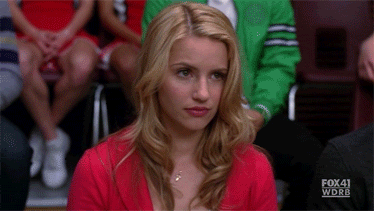
No number of race bent characters has been able to quench my thirst. And this bothered me to no end. I feared that such efforts were created as a means to monopolize the market from ethnic writers. We are pushing a movement, shaping the consumer's market, and working to change the world. Why, in 2016, are we not getting our stories blown up? Why are the same stories being told yet sprinkled with melanin to be made "new". I felt annoyed with myself for not being satisfied with what I wished for as a child--to see people like me, broken from chains and placed in extraordinary stories. Except, the stories haven't been all that extraordinary. That's when I realized, perhaps the void within the pit of my gut stems from the insincerity of the entertainment industry. I questioned--for many reasons--if diversity is being treated as a mirror or a trend. My mind could not shake believing the latter as the answer.

This spring, I attended the amazing YALLWEST event in Santa Monica. I packed up my little toddler and together we enjoyed--and braved--a long day of keynote speeches and panels. The panel I will never forget involved Marvel's Content and Character Development Director, Sanaa Amanat. She shared her journey into writing as a young Pakistani American girl and how it brought her to create a spectrum of voices--particularly with the inclusion of Ms. Marvel, Kamala Khan.


Per The Washington Post:
“When you grow up being very conscious of the fact that you are the ‘other,’ it cultivates a sense of uncertainty and shame within you that can take a long time to overcome,” Amanat tells The Post’s Comic Riffs. “My desire to be ‘white,’ while covert, fed a delusion in my self-identity that I only broke away from towards the end of high school and truly in college.”
Her delusion, she says, “spun out of the anti-Muslim sentiment that arose in the ’90s, and the realization that the truth of who I was got lost in the images being spewed out by the media. My protest was embracing my background fully, immersing myself in my faith and culture and finding ways to share that with others.”
Then at some point, I received the opportunity of standing up--mic in hand, sweat on my brow--to ask Sanaa a personal question. As a fellow woman of color and writer, I wanted to know where she drew the line for Kamala and incorporating her culture within storytelling. Did she feel compelled to make her race and religion a grand ingredient to appease her culture. Then answer was no, and might I add beautifully put. Sanaa explained that a story can be as simple as a character going out for pizza, but it is who they are that determines how they will get it and what happens along the way. In other words, the characters and story will sometimes write themselves. It will be organic and the ingredient of race/sex/religion/class/sexual orientation play as a route but not the foundation.
So how can we achieve that with the re-imagining of characters that were never ours to begin with?
My opinion is sure to differ with many, and I'm not here--writing this blog as my daughter chases bubbles--to change your mind. I'm here to exhale and withdraw all this mental workup from my mind. Truth is, we canNOT achieve something authentic by race bending old characters. Sure it's awesome, but that character has been DONE. Spider-Man has been re-booted so many times since Sam Raimi's series, and it has been both hit and miss. And with all the separatism and privileged tear shedding that occurs when such casting and re-imagining occurs, does it drive a greater wedge between us all or does it serve to bring us together? Also, does it serve the characters and writing better to be birthed from a person of the same race?

In 2003 all hell broke loose when Truth: Red, White & Black was announced as a Captain America spin-off. The silhouette of a black male atop American stripes completely pissed readers smooth off. And when I say pissed I mean it. It was a ridiculous uproar because Steve Rogers was still Steve Rogers. Like Miles Morales, Truth told the story of a completely brand new character, just within the parameters of Captain America's mythos.
The second to the last sentence is key--"It was about building bridges between people, not burning them."
So, wait, it is possible to make advances in race relations while destroying stereotypes without turning Peter Parker into an Afro-Latino boy--he can simply be his own person with his own story?
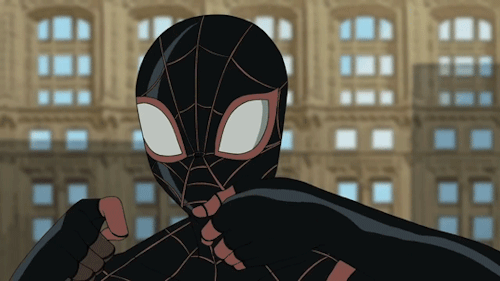
You mean, he's worthy of being his own person?

No, seriously, you mean he can sell and bring in the bucks?

YES. YES. YES.
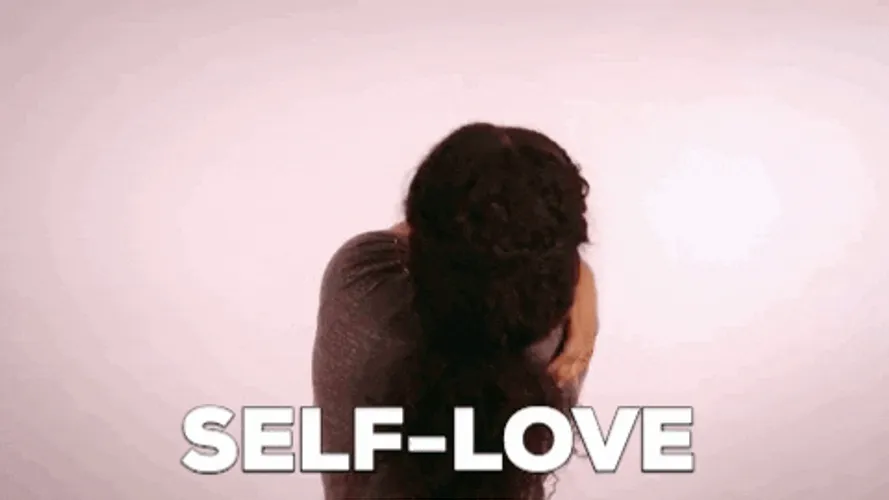
But wait, didn't they do that with Patience Phillips in Halle Berry's Catwoman?

Do not get me started. That was just bad writing--not worthy enough for this post, but perfect for another ranting entry on another day.
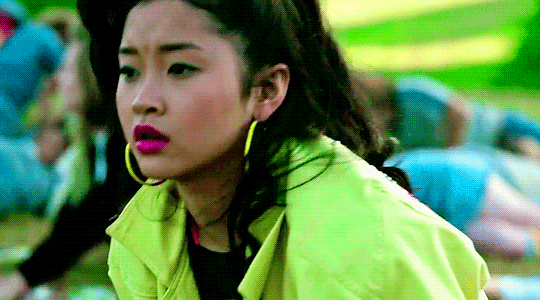
This is what so many of us OWN voices people are crying for. Give us fighting chances. Let these characters inherit their own world so that we may actually identify with their personalities and dilemmas. GIVE THEM SUBSTANCE. Break the tropes. Destroy them. Put in the work! Don't be lazy.
I truly do not feel drawing over old characters will bring the above results. At least, it hasn't so far. But what has worked has been amazing in most cases--and, if done with care and responsibility--will not need a writer of color to accomplish this. Sure it would be a bonus to have more POCs hired to write the stories we need, and it will happen, but it isn't required.
So how can we achieve that with the re-imagining of characters that were never ours to begin with?
My opinion is sure to differ with many, and I'm not here--writing this blog as my daughter chases bubbles--to change your mind. I'm here to exhale and withdraw all this mental workup from my mind. Truth is, we canNOT achieve something authentic by race bending old characters. Sure it's awesome, but that character has been DONE. Spider-Man has been re-booted so many times since Sam Raimi's series, and it has been both hit and miss. And with all the separatism and privileged tear shedding that occurs when such casting and re-imagining occurs, does it drive a greater wedge between us all or does it serve to bring us together? Also, does it serve the characters and writing better to be birthed from a person of the same race?

In 2003 all hell broke loose when Truth: Red, White & Black was announced as a Captain America spin-off. The silhouette of a black male atop American stripes completely pissed readers smooth off. And when I say pissed I mean it. It was a ridiculous uproar because Steve Rogers was still Steve Rogers. Like Miles Morales, Truth told the story of a completely brand new character, just within the parameters of Captain America's mythos.
That's right, you read that correctly, ISAIAH BRADLEY. People gave themselves ulcers for nothing. Then guess what? Comic audiences ate up the story. It was fresh, paralleled with real life and history.Set in the Marvel Universe, the series takes the Tuskegee Experiments as inspiration for a tale that re-examines the history of the super-serum that created Captain America Beginning in 1942, the series follows a regiment of black soldiers who are forced to act as test subjects in a program attempting to re-create the lost formula earlier used to turn Steve Rogers into Captain America. The experiments lead to mutation and death, until only one remains: Isaiah Bradley.
Truth editor, Axel Alonso, pinpointed the criticism to hail from, "Outright racists who just don't like the idea of a black man in the Cap uniform.""When we posted our first image of Isaiah Bradley – the silhouette of an African American man in a Captain America costume – the media latched onto it as a story of interest, but a lot of internet folks lined up against it, assuming, for whatever reason, that it would disparage the legacy of Steve Rogers. By the time the story was done, the dialog around the series had substantially changed. One high-profile reviewer even wrote a column admitting he'd unfairly pre-judged the series, that he now saw it was about building bridges between people, not burning them – which I deeply respected. It's especially meaningful when you edit a story that functions as a little more than pure entertainment."
So, wait, it is possible to make advances in race relations while destroying stereotypes without turning Peter Parker into an Afro-Latino boy--he can simply be his own person with his own story?

You mean, he's worthy of being his own person?

No, seriously, you mean he can sell and bring in the bucks?

YES. YES. YES.

But wait, didn't they do that with Patience Phillips in Halle Berry's Catwoman?

Do not get me started. That was just bad writing--not worthy enough for this post, but perfect for another ranting entry on another day.
 |
| This is what I want. |

This is what so many of us OWN voices people are crying for. Give us fighting chances. Let these characters inherit their own world so that we may actually identify with their personalities and dilemmas. GIVE THEM SUBSTANCE. Break the tropes. Destroy them. Put in the work! Don't be lazy.
 |
| Storm of Marvel's X-Men |
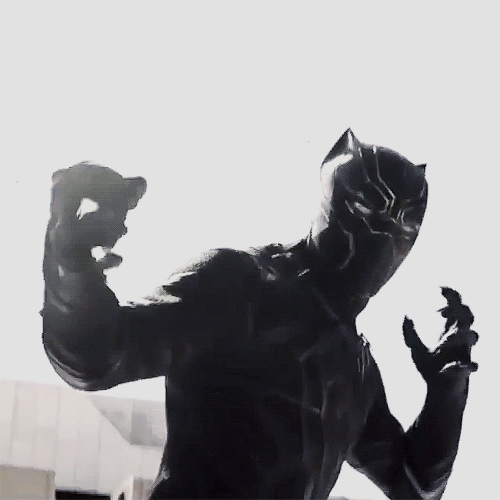 |
| Marvel's Black Panther |
 |
| Mosaic of Marvel's Inhumans |
Luke Cage, Mosaic, Storm and T'Challa are treasured characters. So are Miles Morales, America Chavez, Kamala Khan and Jubilee. They are the proof.
There's also an overflowing library of fantasy and sci-fi stories written by published and unpublished authors--their characters ripe with the identities and diverse natures studios and publishing seek to bottle. Look for them and place a microscope on them.

In some ways, I do believe that it breaks the barriers of exclusivity for youth and adults to see a dignified black woman playing Hermione with such conviction. If I were younger, I would've eaten it up. But I would've loved to read about a brown Hermione and how she feels as a double minority (or triple minority if you count the bias of her being part muggle) within a wizarding school. Does she struggle with embracing her bushy hair? Does she receive any back lash for interracial dating? If so, how does she digest it? There's so many levels to stories, and because of this, only a change in pigment sometimes reads as a ploy for numbers.
However, one thing has made me feel at ease with these castings and creations: when one of us wins, we all win. And no matter if the vessel of art brings success, it adds a few extra drops in the bucket of change. As time goes on, more drops will fall, until it spills over, allowing the collected water to join the current. If we stay on pace, and consistently move to become better--by trial and error--there won't only be "hand me down heroes", there will be many options in which our children will not see the blaring differences that divide us. God willing, Dark Galaxy will one day be among them.
Until then, I'll continue to be first in line, with a ticket in my hand, cheering for Zendaya, Tessa, Kiersey and whoever else fills classic shoes.
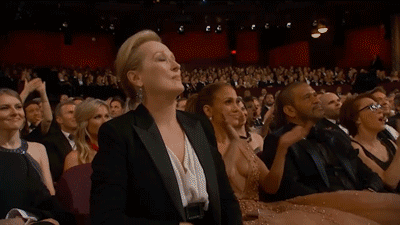
No comments:
Post a Comment